sample itinerary
public health system
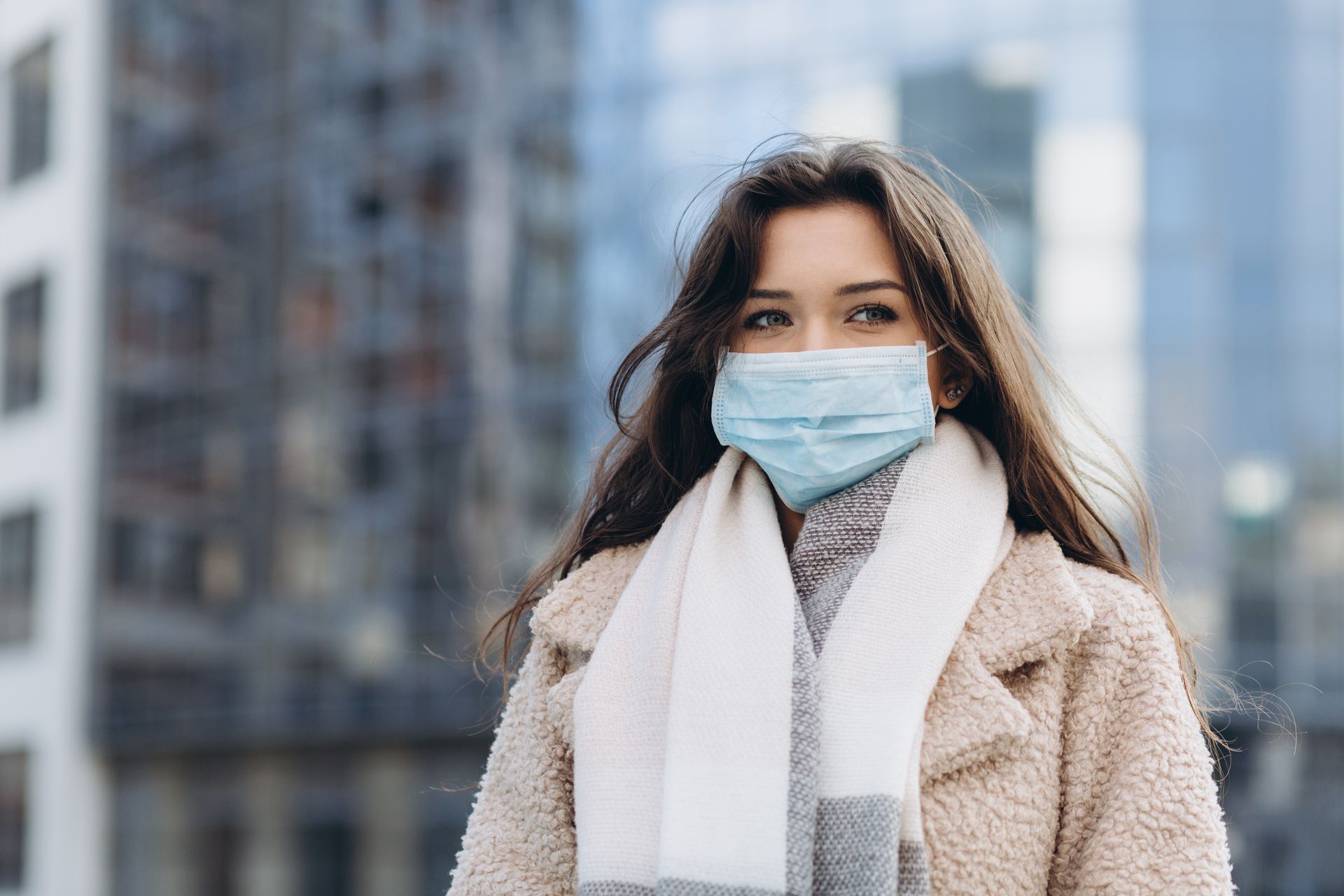
Slide title
Write your caption hereButton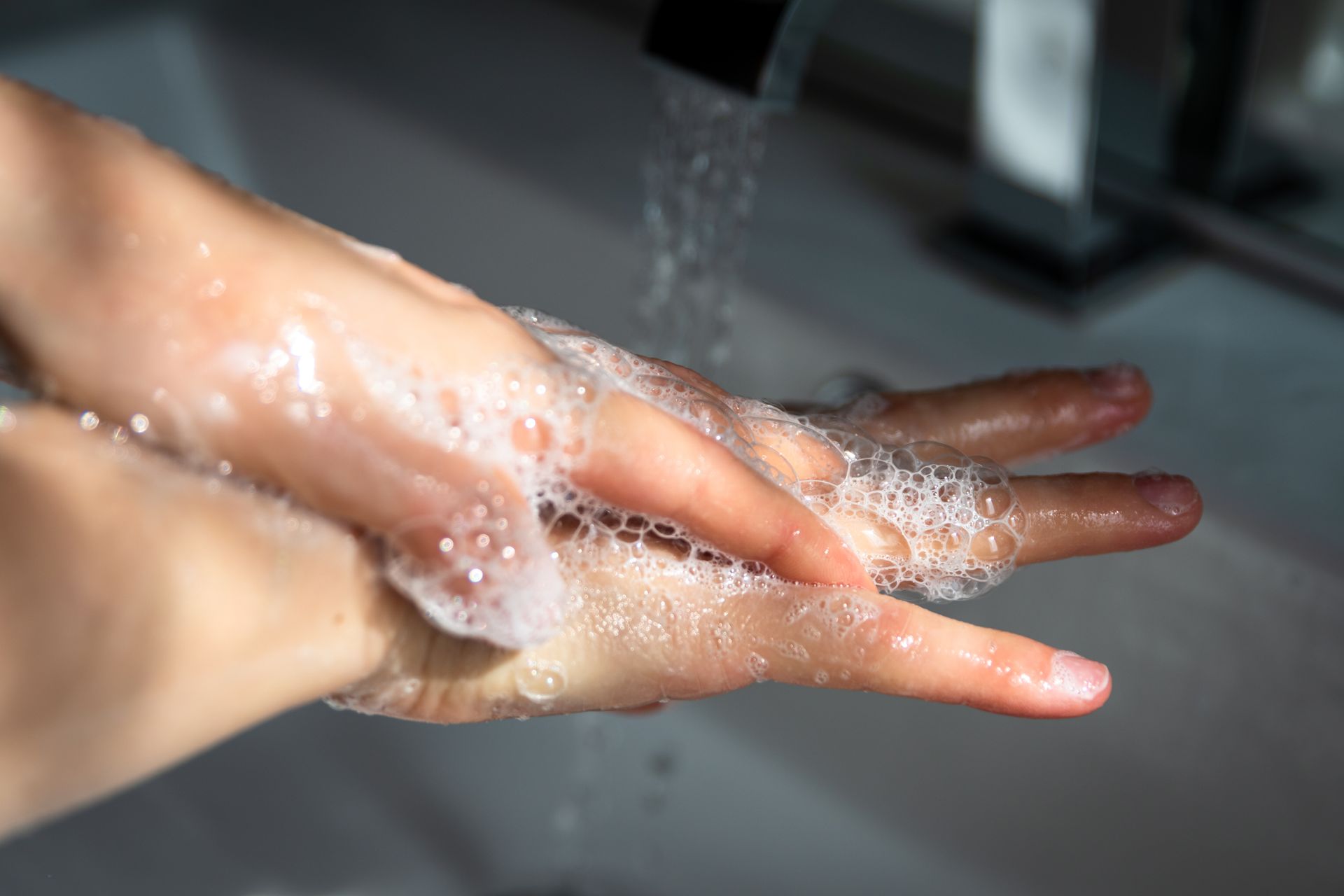
Slide title
Write your caption hereButton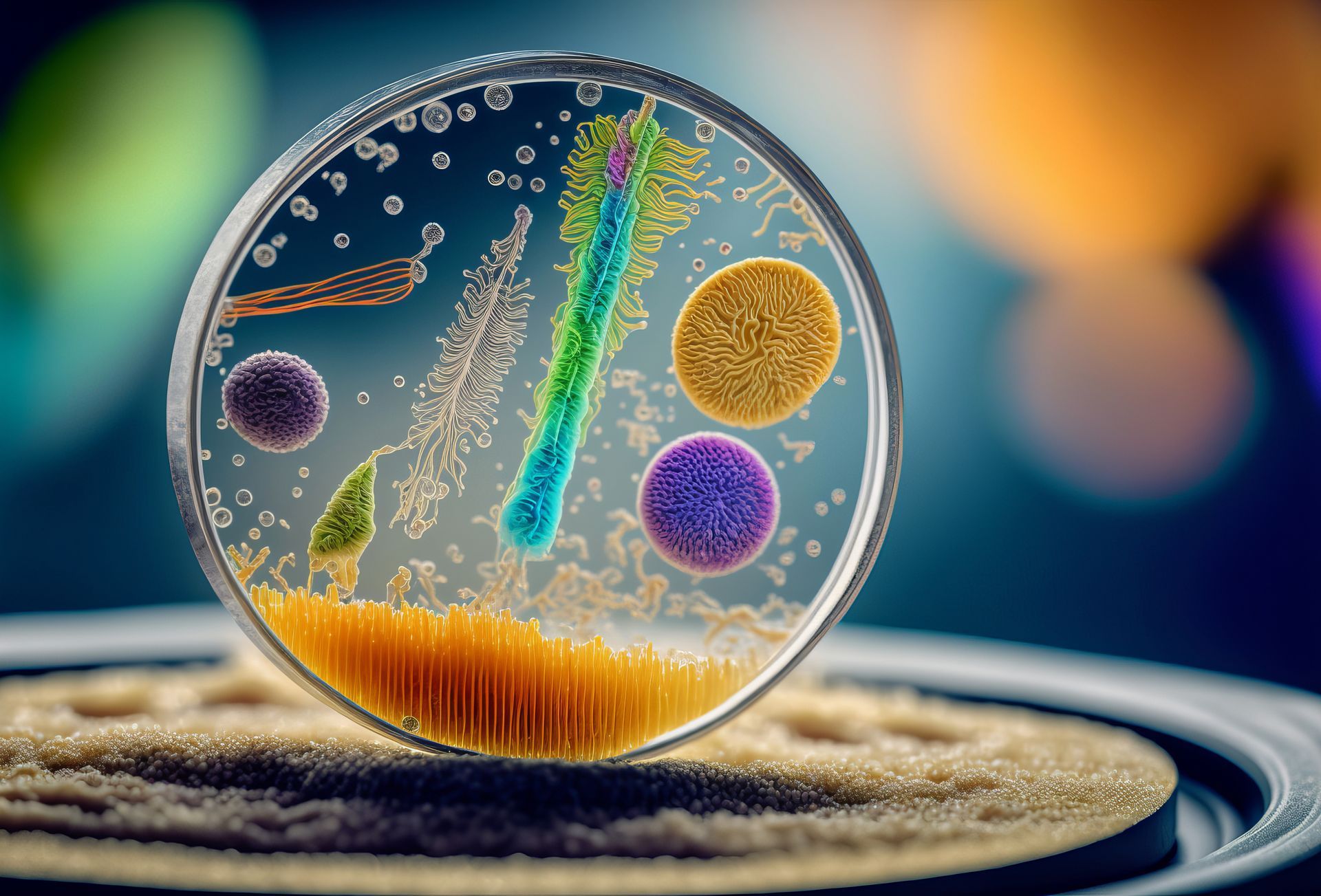
Slide title
Write your caption hereButton
Slide title
Write your caption hereButton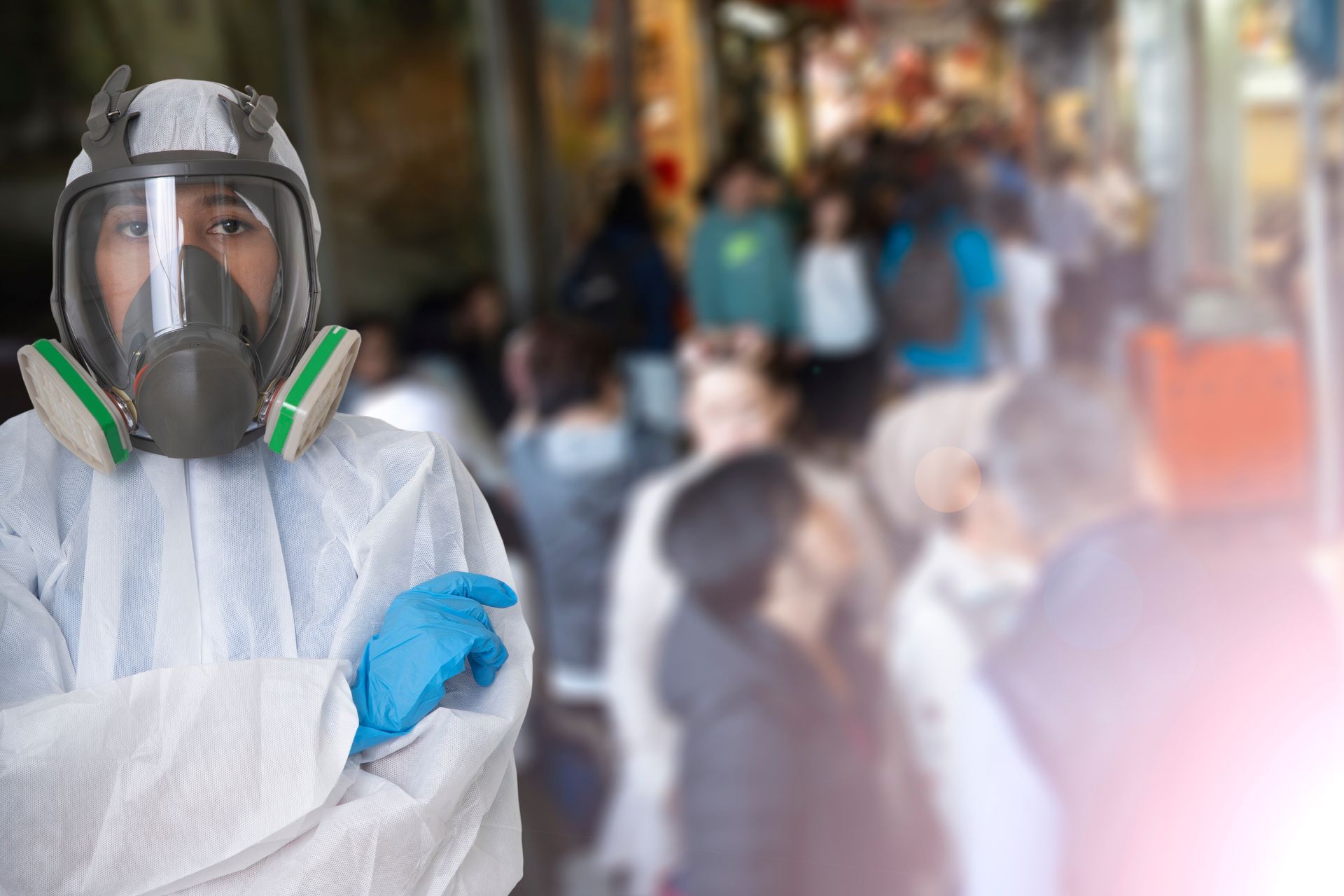
Slide title
Write your caption hereButton
Slide title
Write your caption hereButton
Slide title
Write your caption hereButton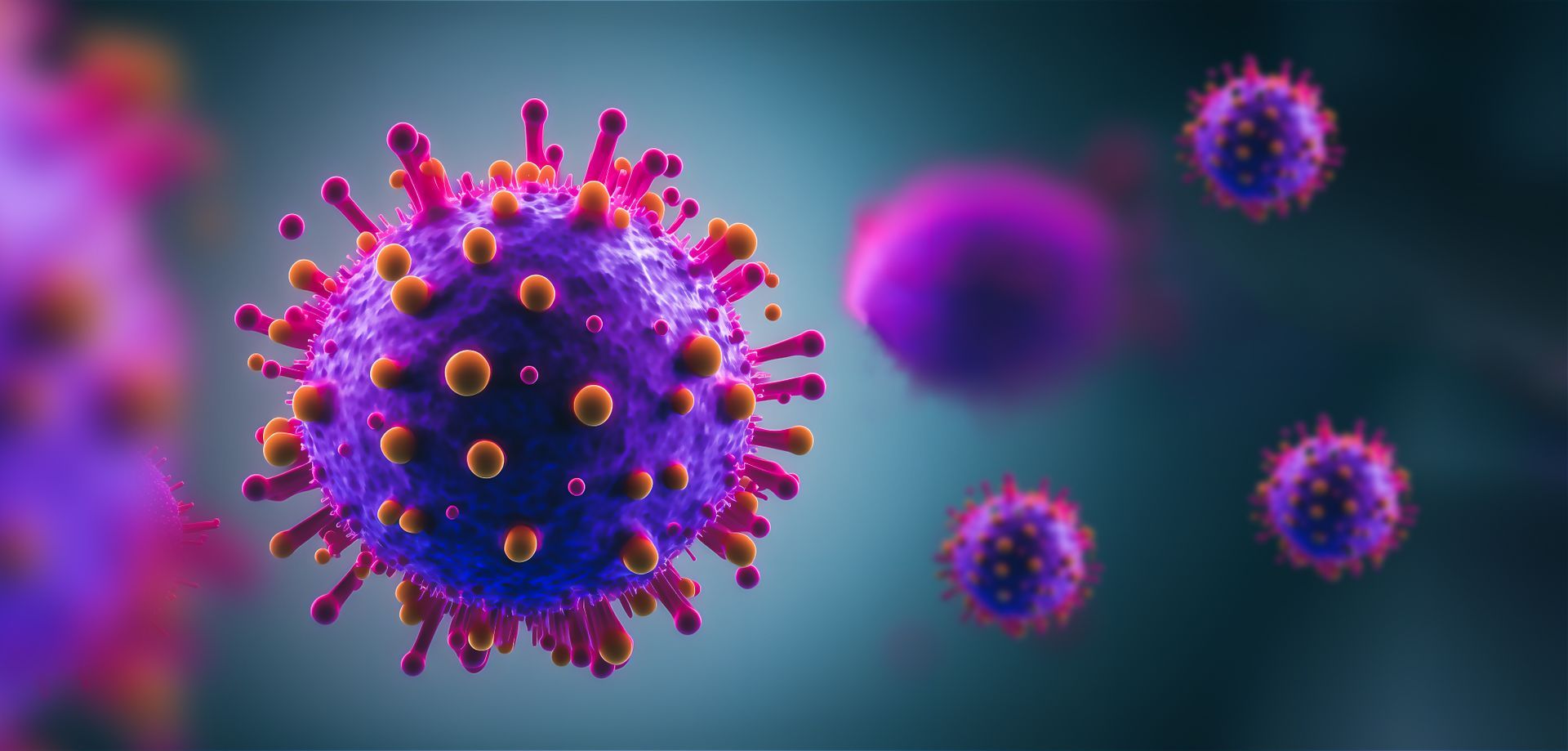
Slide title
Write your caption hereButton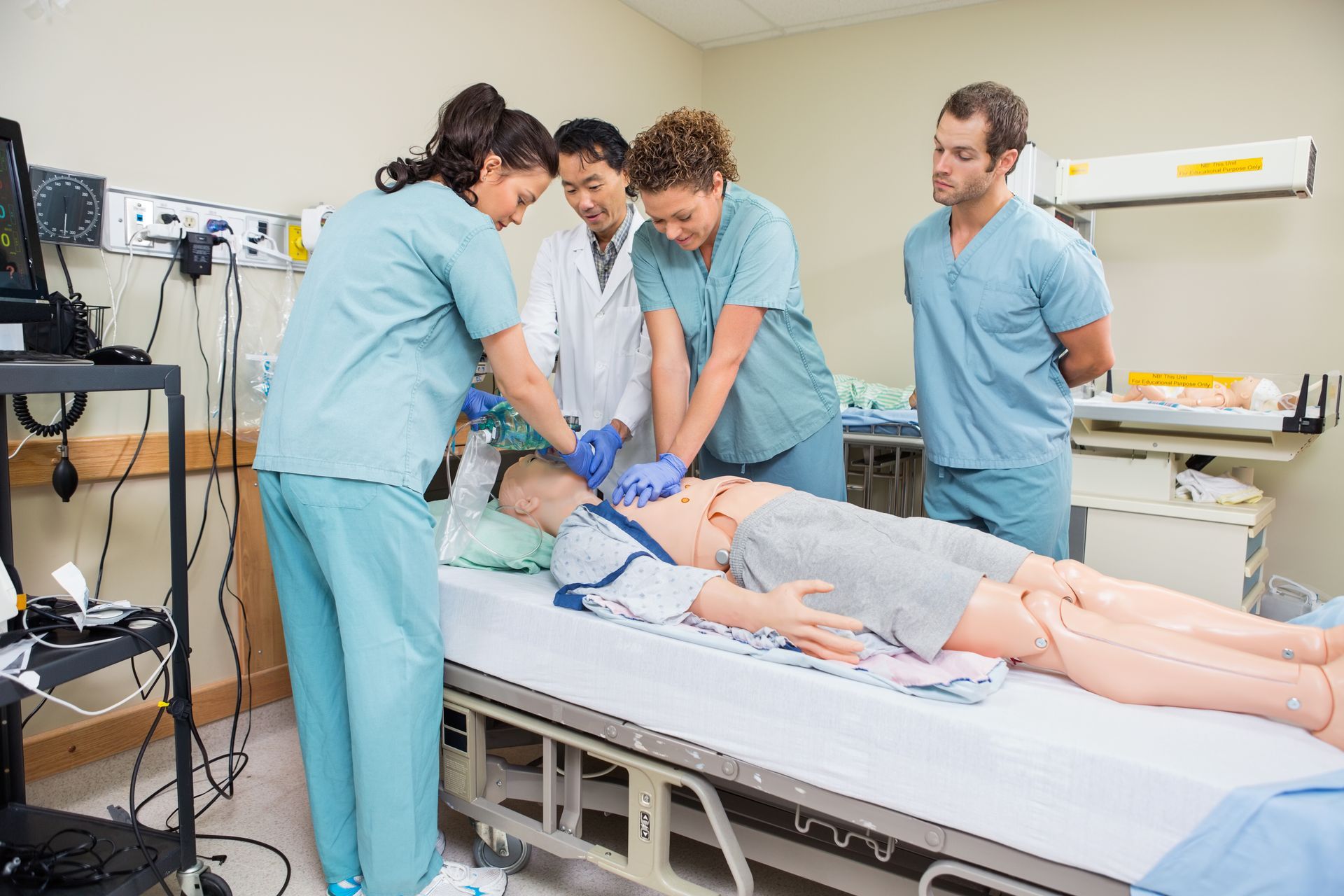
Slide title
Write your caption hereButton
HEALTHCARE STUDIES
An opportunity to examine several hundred years of the development of public health in England
Crowded medieval beginnings, disease ridden slums of the Industrial Revolution culimated in the work of figures such as Florence Nightingale and Dr. John Snow who establised the foundation of London's modern day public health policy.
In addition to the historical aspect of publich health, we examine the lessons of the Covid-19 pandemic and other public health crisis, As always, this is our suggested program, but we will custom every aspect to suit the needs of any class and faculty requirement.
Program Highlights
This is a paragraph. Writing in paragraphs lets visitors find what they are looking for quickly and easily.
This is a paragraph. Writing in paragraphs lets visitors find what they are looking for quickly and easily.
Hotel Stay: 6 Nights
Meals: 6 breakfasts, 2 dinners
Accomodations
Windsor Castle, Dr. John Snow Walking Tour, St. Paul's Cathedral, The Hunterian Museum, The Wellcome Collection, Excursion to Cambridge, Crossness Pumping Station, Royal College of Nursing, AIDS Charity and Clinic
Sightseeing & Seminars
Airport-hotel transfers
Hotel and local taxes
Touring by deluxe private motorcoach, services of a professional tour manager.
Also Included
Sample Itinerary
Day One
Depart U.S.
Overnight flight from US to London.
DAY two
Arrive in London.
Tour Windsor
Morning arrival at Heathrow. Meet your Select Travel Service tour manager. Departing the airport we make the journey to the town of Windsor, best known for its royal castle. The castle has a colored history since its founding in the 11th century. King John rested here before signing the Magna Carta. Charles I was imprisoned here before losing his head, Queen Victoria mourned her Albert and the Royal Family used it as a refuge in World War II and then tragically partially destroyed by fire in 1992. More recently of course it was the site of the marriage of the Duke and Dutchess of Sussex. Following the visit, continue into central London by mid afternoon for check in and unpacking. Gather together again for an early dinner before retiring for the night.
Day Three
Foundation of Public Health
A poll, British doctors voted 19th century Dr. John Snow the greatest doctor of all time. It was his pioneering techniques of mapping the spread of disease which led to among other things, the discovery that cholera is spread via contaminated water and food. His medical mapping techniques are the foundation of today's understanding of the spread of diseases such as AIDS. We take a 3 hour walking tour following in the steps of Dr. Snow as he tracked the 1849 cholera outbreak along the River Thames and identified the offending water pump located on Broadwick Street. Your guide will also detail Dr. Snow's other work on calculating the correct dosage of ether and chloroform to be successfully used in surgery.
This afternoon we take relaxed look at St. Paul's Cathedral, the second largest in the world (St. Peters is first) and location for the funeral of Florence Nightingale. The cathedral has recently completed a multi million pound restoration.
Day Four
The Wellcome Collection & Hunterian Museum
This morning we visit the Wellcome Collection. A unique museum which challenges visitors to rethink how they view their health and healthcare in general. The galleries connect science, medicine, life and art in thought provoking and unusual ways.
Afternoon visit to the Hunterian Museum at the Royal College of Surgeons. At its heart, the museum is a magnificent collection of 18th century surgeon John Hunter. Collections include human and non human anatomical and pathological specimens. Following 5 years of extensive expansion and refurbishment, the museum will reopen its doors in early 2023.
Day Five
Cambridge
A seat of academic learning since the 13th century, historically the population of Cambridge has suffered from the city's unfortunate location in the midst of low lying waterways and marshes of the surrounding Fenlands. Medieval Cambridge was crowded and susceptible to frequent outbreaks of the Plague, Typhoid, dysentery and other diseases borne from unsanitary conditions. Our walking tour of the city will include sites associated with the development of the city's improvement in public health such as St. John's College home to the Hospital of St. John the Evangelist which cared for the impoverished and elderly. In 1895 the city established a state of the art pumping station which was so successful, it remained in operation until 1968.
Also see Old Addenbrookes Hospital which began with a staff of just six. Hobson's Conduit was constructed in the early 17th century and was revolutionary for its era, for the fist time bringing fresh water into the city from nearby springs. Prior to this time the only liquid refreshment thought safe to drink was beer, hence the large number of breweries which survive even today.
We visit the Public Bath house which offered personal hygiene facilities to the working classes. Finally we view the home of bio-chemistry Sir Frederick Gowland Hopkins whose breakthrough science in essence discovered vitamins. Twenty years later a fellow colleague Dr Elsie Widdowson oversaw the first ever compulsory addition of a substance to food, calcium to bread. She was also responsible for formulating war-time food rationing when ironically many say the British population was at its peak health living on a diet of vegetables, bread and potatoes.
Late afternoon return to London.
Day Six
Sewers and Nursing
This morning we visit Crossness Pumping Station, constructed as part of the solution to London's "Big Stink" and the integral system of sewers commissioned by Sir Joseph Bazalgette. It was a system designed to combat the problem of raw sewage dumping into the River Thames. Typical of its time, the station itself was something of an art piece with ornate iron work built around a central Octagon.
This afternoon we tour the Royal College of Nursing or the Queen's Nursing Institute. The RCN represents nurses and promotes the excellence of nursing practices and helps shape modern day public health policy.
The Queens Nursing Institute, a charitable organization dedicated to improving the home bases nursing care.
Day Seven
Clinic Visit
This morning we visit a charitable clinic dedicated to the ongoing treatment and care of an at-risk population, suffering with AIDS.
This afternoon is available for final independent study or sightseeing. Tonight we gather for a traditional pub dinner and opportunity to discuss our thoughts on what we have seen this week.
Day Eight
Return Home
Regrettably this morning we bid farewell to England and journey to Heathrow for our return flight home.
